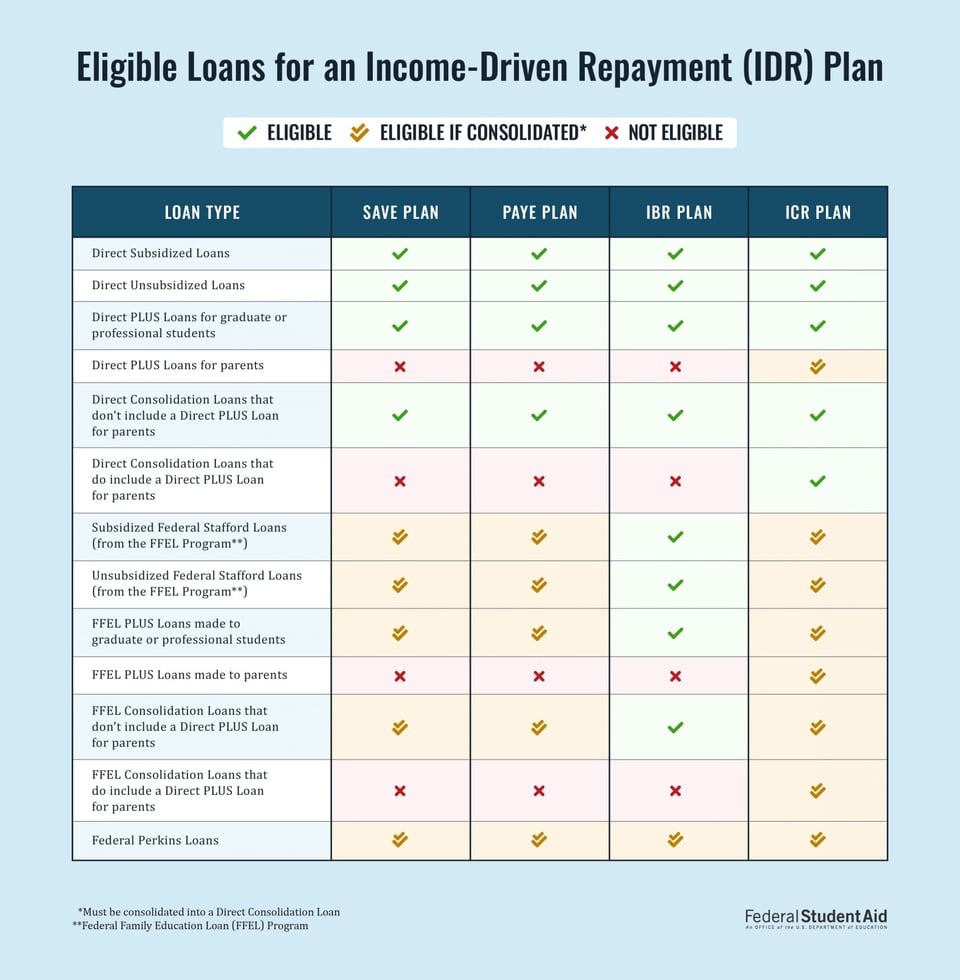Kids Can Tell When You’re Lying

I.
Kids can tell when you’re lying.
In Christopher Nolan’s 2014 film Interstellar, there’s a scene early in the movie where the protagonist, a pilot played by Matthew McConaughey, is called to a parent-teacher conference because his daughter, Murph, has gotten into a fistfight at school. The reason for the fisticuffs? In their world history has been rewritten and the government now denies the moon landing ever happened. They claim it was a propaganda ruse designed to bankrupt the Soviets and was an example of the “excess and wastefulness” of the twentieth century.
In the film’s world, a climate-driven food shortage has forced society to prioritize farming over space exploration and other scientific advancements. As a result, textbooks have been rewritten to reflect this new reality. But Murph, the daughter of a test pilot, knows the truth—and she cares about it deeply—deeply enough to throw hands in defense of science.
The teacher in the movie believes the lie and wants McConaughey to help her censor his daughter who knows the truth. That scene hits different right now.
Someone asked on Bluesky this week, what’s it like to teach government right now. My answer: it’s wild as hell.
I’ve taught American Government—Advanced Placement U.S. Government & Politics to be precise, or “AP Gov” for short, since 2012. It’s a different class each year because my instruction is responsive to the state of the world. Every year my version of the course evolves to the contours of the moment.
After the murder of Mike Brown, I expanded my unit on civil liberties, police interactions, and the protections provided by the Bill of Rights.
Following the deluge of disinformation on social media around the 2016 election, I started to further emphasize media and data literacy, teaching students how to read poll data, spot disinformation, and avoid clickbait and sensationalist coverage.
When I moved overseas and found myself teaching a classroom full of embassy families, it reshaped how I approached discussions on US foreign policy and the role of bureaucrats and career civil servants within the executive branch.
Over the last few years, this course has taken on a two-track nature. I start by teaching students how the system is supposed to work: historical norms, constitutional principles, and democratic frameworks. Then I pivot to the reality of how things actually function. This year, though, it’s not about making the class more “responsive.” Increasingly, I find myself in a place where the things that I am teaching my students or supposed to be teaching them simply do not apply.
In other words, I am teaching through the disruption of constitutional order.
II.
Earlier in the year, in Unit 1, I taught my students how Article I of the Constitution grants Congress the power of the purse. I picked up this thread again in Unit 2 when we covered the appropriations process, the mechanism by which Congress allocates money for discretionary budget priorities.
Now, my students are seeing headlines about DOGE deciding how much money agencies should have, who they should employ, and what programs they should run. They’re watching as DOGE—an agency Congress never created or authorized, led by people the Senate never confirmed—seizes authority over the federal budget. And this weekend, by passing a continuing resolution, Congress solidified the transfer of its decision-making power.
Elsewhere in Unit 2, while teaching about federal courts, I taught my students about the importance of judicial precedent and the concept of stare decisis. For years, I have winkingly told students “the federal courts are apolitical.” I mean literally winkingly. I say it then dramatically wink at the room. However, the politicization has escalated as the court seems to now have completely different interpretations of the same law.

For example, the Biden Admin was repeatedly told their power over student loan forgiveness was constrained by Congressional authority. Yet now, the current President has unilateral authority to cancel debt based repayment plans established by Congress nearly twenty years ago. Here’s the Guardian on that:
Many of the nearly 43 million Americans who have federal student loan debt are seeing their carefully budgeted monthly payments soar amid Donald Trump’s overhaul of education in the United States. In the last few weeks, the Trump administration closed applications for all income-driven repayment plans (even ones not blocked by courts) and limited those eligible for public service loan forgiveness (PSLF). That program forgives the loans of government and select nonprofit workers after completing 10 years of service and making 10 years of minimum payments.
This is one example but there are others and others and others.
So many ideas that are core to the course (and by proxy our system) are being upended. The Justice Department is meant to operate independently from the White House. But the Whitehouse is now using the DOJ to threaten its perceived foes and punish dissent.
The federal government is prohibited from commandeering states into enforcing federal law. But now the government is blackmailing states and cutting off funding for not following their immigration edicts.
The government can not take away one’s life, liberty, or property without due process of law. But if you lead a campus protest they can disappear you in front of your family.
What was the erosion of norms has turned into something far more serious: a constitutional order tearing at the seams.
III.
My students have picked up on this better than most adults seem to. I’ve long believed that children are superior moral actors to adults because they don’t filter the world through partisan or ideological lenses. They haven’t been poisoned yet and see wrong as wrong and right as right.
One of the great pathologies of US politics is the reflexive defense of our own side’s actions while condemning the exact same behavior from the opposition. We saw this when liberals defended Joe Biden’s pardon of his son, Hunter, and we’re seeing it again as the party of limited government and constitutional order turns a blind eye to an unprecedented power grab by the current administration.
The kids see it for what it is and it’s my job to help them contextualize what they’re seeing.
This week I was talking to a friend about things in the US, they said “[I’m] hoping I can ride these four years out." This is apparently the national motto for 48.3% of the country. I get the feeling that folks think, like him, “we can ride this out” or that “this is just a phase.” I wish they were right but don’t think they are.
So the question before us is really what we do from here. I’m not gonna be that teacher from Interstellar telling Murph what happened didn’t happen. In the next couple of newsletters, I'm going to lay out some of the work ahead.
Next week, I'll be writing about the manosphere and the mass pilling of young men.
–
Coming to the podcast this week I have a conversation with my dear friend, and purveyor of Move to Tacoma, Marguerite Martin (photo below) about the US housing market and how interest rates and high prices are causing people to further delay home ownership.

Look for it in the usual places Monday morning.